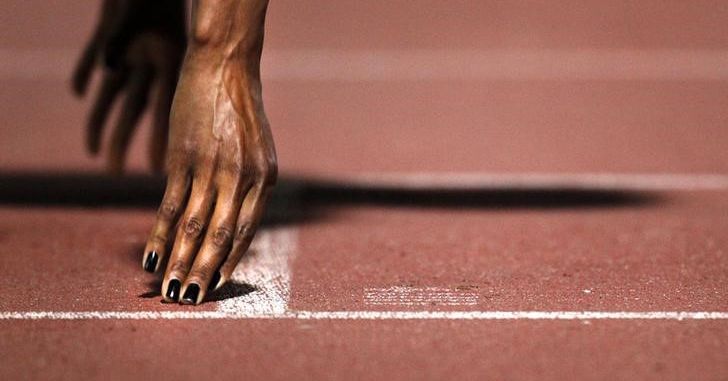/cloudfront-us-east-2.images.arcpublishing.com/reuters/25FEOGDCBFLGBNHD7BS3I7AH24.jpg)
(Reuters) – A federal appeals court on Friday upheld the dismissal of a lawsuit that challenged a Connecticut policy allowing transgender students to compete in girls’ high school sports.
The New York-based 2nd U.S. Circuit Court of Appeals rejected claims by four cisgender female students that the policy deprived them of wins and athletic opportunities by requiring them to compete with two transgender sprinters.
They had sued the Connecticut Interscholastic Athletic Conference (CIAC), which oversees scholastic sports in Connecticut, saying its policy violated Title IX, a law designed to create equal opportunities for women in education and athletics.
Selina Soule, Alanna Smith, Chelsea Mitchell and Ashley Nicoletti said their rights were violated by being forced to compete against athletes who had what they said were the inherent physiological advantages of people who are born male.
They sued in 2020 amid a push by Republican-led states to bar transgender athletes from competing on teams or sports that align with their gender identities.
Eighteen states have adopted such bans, according to the Alliance Defending Freedom, a conservative Christian legal advocacy group that represented the four athletes.
But U.S. Circuit Judge Denny Chin, writing for a three-judge panel, said that far from being deprived of a “chance to be champions,” the four plaintiffs all regularly competed in state track championships and on numerous occasions came in first.
The four athletes also argued their prospects at future employment could be hindered if the track records for the two transgender athletes, Andraya Yearwood and Terry Miller, were not removed from the books.
Chin, an appointee of former Democratic President Barack Obama, acknowledged that “employers often find candidates with athletic experience more appealing.”
But he said that did not mean their particular employment opportunities were harmed and that the records they wanted re-written “already show their participation and impressive achievements in high school athletics.”
Chin said regardless, CIAC had no notice its policy may have violated Title IX, saying that “discrimination based on transgender status is generally prohibited under federal law.”
He cited the U.S. Supreme Court’s 2020 ruling in Bostock v. Clayton County, Georgia, holding that Title VII’s bar against sex discrimination, which is similar to Title IX’s language, covered gay and transgender workers.
Christiana Kiefer, a lawyer with ADF, in statement called the ruling wrong and said the plaintiffs were evaluating a further appeal. “Our clients – like all female athletes – deserve access to fair competition,” she said.
Joshua Block, a lawyer with the American Civil Liberties Union representing the transgender students who intervened in the case, called the ruling a “critical victory for fairness, equality and inclusion.”
The case is Soule v. Connecticut Association of Schools, 2nd U.S. Circuit Court of Appeals, No. 21-1365.
For the plaintiffs: Roger Brooks of Alliance Defending Freedom
For Connecticut Interscholastic Athletic Conference: Peter Murphy of Shipman & Goodwin
For the transgender athletes: Joshua Block of the ACLU
Our Standards: The Thomson Reuters Trust Principles.








